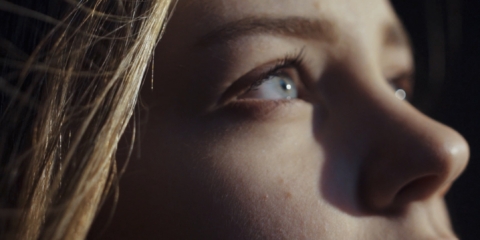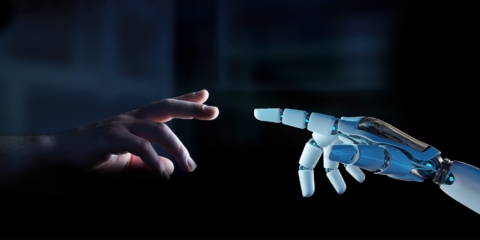Would you like to get notifications from Christian?
Artificial intelligence (AI) has been evolving at an unprecedented rate in recent years, and the advancements made in this field have the potential to revolutionize our society and personal lives completely. The latest announcement by Nvidia, one of the world’s leading providers of AI hardware, is a testament to the rapid growth of AI technology.
Nvidia has predicted that within the next decade, the performance boost delivered by their AI-accelerating hardware will result in AI models that are one million times more powerful than the existing AI examples, including the well-known ChatGPT. This means that we can expect to see a new industry of AI factories emerging across the globe and breakthroughs in AI processing power.
The current state of AI technology is already impressive, and it can transform various industries, from healthcare to finance, by offering more efficient and accurate solutions. However, the potential of AI models that are a million times more powerful than ChatGPT is beyond imagination. It is expected that this level of processing power will bring about a new era of AI, where machines can complete complex tasks at an unprecedented speed and accuracy, creating new AI applications that were once deemed impossible.
The development of AI factories will further fuel the growth of AI, and we can expect to see them cropping up worldwide. These factories will produce soft goods in the form of intelligence, and every company, regardless of its size or industry, will have access to these AI models. This means that AI technology will no longer be the domain of a few tech giants, but rather, it will be democratized and available to everyone. We will see smaller companies utilizing AI models to improve their products and services, and larger companies will create mega AI factories to cater to a global market.
However, while the advancements in AI technology are exciting, they also come with challenges and potential risks. One of the biggest concerns is the possibility of machines becoming more intelligent than humans and, in the worst-case scenario, taking over the world. Although this may seem like a far-fetched idea from a science fiction movie, it is still a possibility that needs to be addressed. We must ensure that AI models remain under ‘good’ human control and that ethical guidelines are in place to prevent any misuse of this technology.
Furthermore, the growth of AI factories may also lead to the displacement of human jobs. As machines can perform complex tasks, some jobs will inevitably become redundant. However, it is essential to remember that AI technology can create new job opportunities. We must adapt to these changes and ensure that the workforce is equipped with the necessary skills to thrive in an AI-dominated world.
In conclusion, the announcement by Nvidia that AI models one million times more potent than ChatGPT will be developed in the next decade is a significant milestone in the evolution of AI technology. We can expect to see AI factories worldwide and massive breakthroughs in AI processing power. However, we must also be aware of the potential risks associated with this technology and take necessary precautions to ensure that AI models remain under human control. It is an exciting time for AI, and we can’t wait to see how this technology will continue to shape our future.
Author: Christian Kromme
First Appeared On: Disruptive Inspiration Daily
Christian is a futurist and trendwatcher who speaks about the impact of exponential technologies like AI on organizations, people, and talents. Christian tailors his presentations to your audience’s specific industries and needs.




Embracing the advancements of technology and AI can enhance our humanity. We can focus on developing our unique talents and skills by automating mundane tasks and freeing up our time. As humans, we can adapt and learn, allowing us to evolve and stay relevant in a rapidly changing world constantly.


Organizations will need to be more fluid, dynamic, and adaptable: the ability to change and adjust in response to new situations and environments. We are on the cusp of a new era of organizations, ones that are more fluid and agile and which behave like swarms we see in nature.




In the future, 3D printing and generative design will allow for products to be designed in a more decentralized manner, and production will take place closer to the customer and fully on-demand. 3D printing technology will also allow for more customization and personalization of products.


The agricultural industry is ripe for disruption. Robotics, AI, and IoT are all technologies that have the potential to radically transform the way we grow food. In combination with vertical farming, these technologies could increase the efficiency and quality of agricultural products.

A human-centered society is one that puts people first and where technology is used to unite and empower people. It is a society that values biological life and dignity above all else. It is a society that recognizes the importance of human relationships and works to strengthen them. In a human-centered society, all members of the community are valued and treated with respect.


The future of healthcare is here. New technologies like AI, IoT, big data, and smart sensors make it possible to become the CEO of your own health. Imagine that your phone can listen to your voice and AI algorithms can detect small nuances in the tone of your voice that indicate specific diseases.
